ALNA — Kat Radune’s class of 8- to 10-year-olds surrounded her with all-weather gear and questions during a 10-degree lesson outdoors. They were learning about sundials, the orbit of the sun, the equinox and why so many Americans believe the sun rotates around the Earth.
“Twenty percent think that. But the opposite is true,” Radune told her class during the science lesson in the snow at Juniper Hill School.
On this day the class was building a sundial in the snow, a mock version of the permanent structure they’ll build this summer in the same field. But what took place was more than hammering sticks in a circle. The questions and theories pouring out of the children guided the discussion.
Students at this nature-based elementary school act like sociologists, anthropologists and outdoor explorers, asking questions they answer as they plot their next adventure in the woods and fields.
And when it’s time for study hall, the students put on cross country skis to let both their minds and bodies explore the wild 42-acre campus.
“It’s inquiry-based education. We want them to figure it out. It’s fun for them. It’s fun for me. It’s how learning should be,” Radune said.
When Anne Stires started Juniper Hill School four years ago it was with the intent to create and grow a place-based school that connects children to their communities and outdoor environment by studying outside a traditional setting. With the outdoors as the primary classroom, Juniper Hill instructors aim to elevate their students’ intellectual abilities, critical thinking, communication skills and creativity, as well as their social and emotional skills. Some call it 21st-century learning.
Today, after adding a class a year, the school serves four age classes of children 3 to 9 who learn school lessons mostly in the fields and woods around the administrative buildings, with yurts used as secondary classrooms. In this tranquil, pastoral setting where students explore, question and play, Stires said they are engaged, attentive and “so alive.”
Stires calls it the future of education.
“Doctors prescribe ‘green time’ as opposed to ‘screen time.’ Schools should be more like summer camp,” Stires said. “Children should be excited to go to school. They should be happy there. Then they are happier, healthier and smarter. Studies prove it. I don’t doubt that in five to 10 years nature-based education will be in all schools.”
Chewonki president Willard Morgan, who sits on the Juniper Hill board of directors, hopes so.
Chewonki was founded in 1915 as a way to provide children with an outdoor experience away from urban living. Today it offers outdoor lessons through summer school and semester study for school students as well as nature programs.
Chewonki and Juniper Hill School do not work in partnership, but the approach at each is similar.
“It’s not just about kids having fun outside,” Morgan said. “Mainstream society’s view is that this is a nice enrichment. What we’re trying to do is put it right in the mainstream and say, ‘No, this can work as a critical part of childhood development, an essential part.’ It doesn’t just have to be on the side.”
Morgan said Juniper Hill is unique in Maine as an entire elementary school that integrates the outdoor environment completely into the school experience. But he hopes it becomes Maine’s go-to model.
“I believe in these kinds of models. I’ve seen it happen at all different ages. I wanted to see how that could happen in a fully integrated early childhood and elementary school model. And I wanted to be a part of creating that model,” Morgan said.
Radune, who has taught in New York, Vermont and New Hampshire in both public and private schools, says working primarily in an outdoor classroom is the only way to affectively interest and inspire children.
“With this kind of learning, you can see the light go on,” Radune said. “You can see they’re making connections. And they are. They don’t just want to be talked at in a lecture in a classroom. They have their own brains. They want to use them.”
As Radune spoke to a visitor at Juniper Hill School near the end of the school day, her students skied around her.
Three students skied past and asked if she was going to join them, knowing their teacher’s love of Nordic skiing. It was their second day on skis and Radune already knew who was learning and who had some cross-country skiing experience.
Regardless of their collective skill set, Radune said they all would embark on a four-hour Nordic ski expedition the following week to learn the broader landscape around them.
She saw no end to the outdoor lessons that could unfold in these fields and woods. She hopes others come to Juniper Hill to see this way of learning, and it becomes the future of education in Maine.
“I went to a public school. I know making lessons like this is challenging. But for the kids it’s so rewarding,” Radune said. “We need to help others (teach like this) in a way that is not offensive. Maybe we can open our doors. We can give talks and give workshops.”
Send questions/comments to the editors.


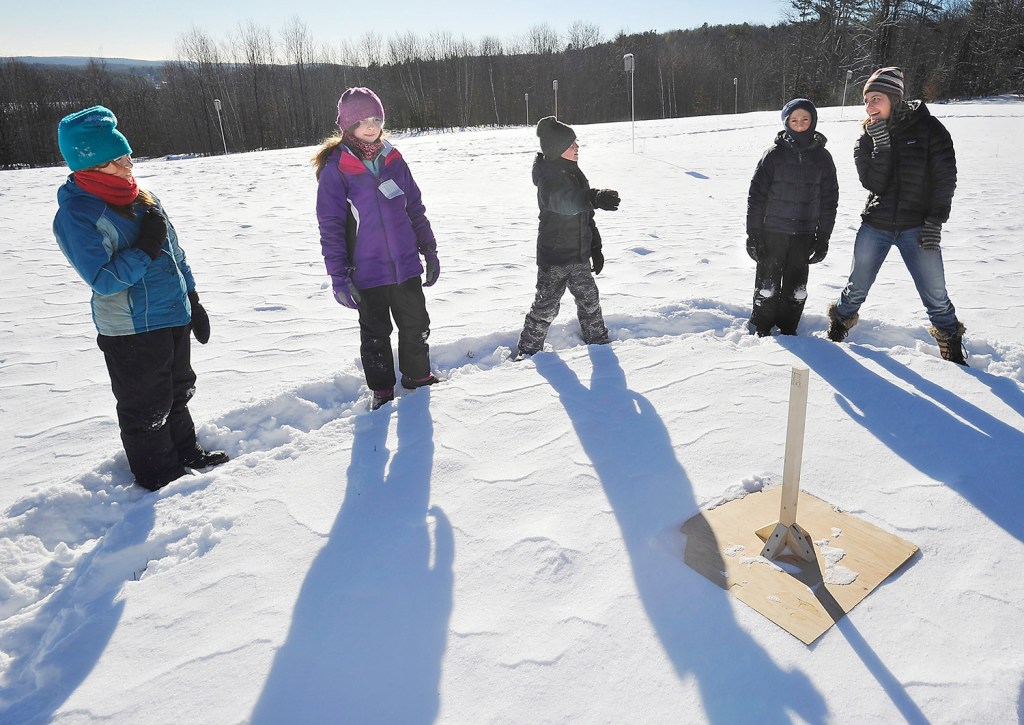
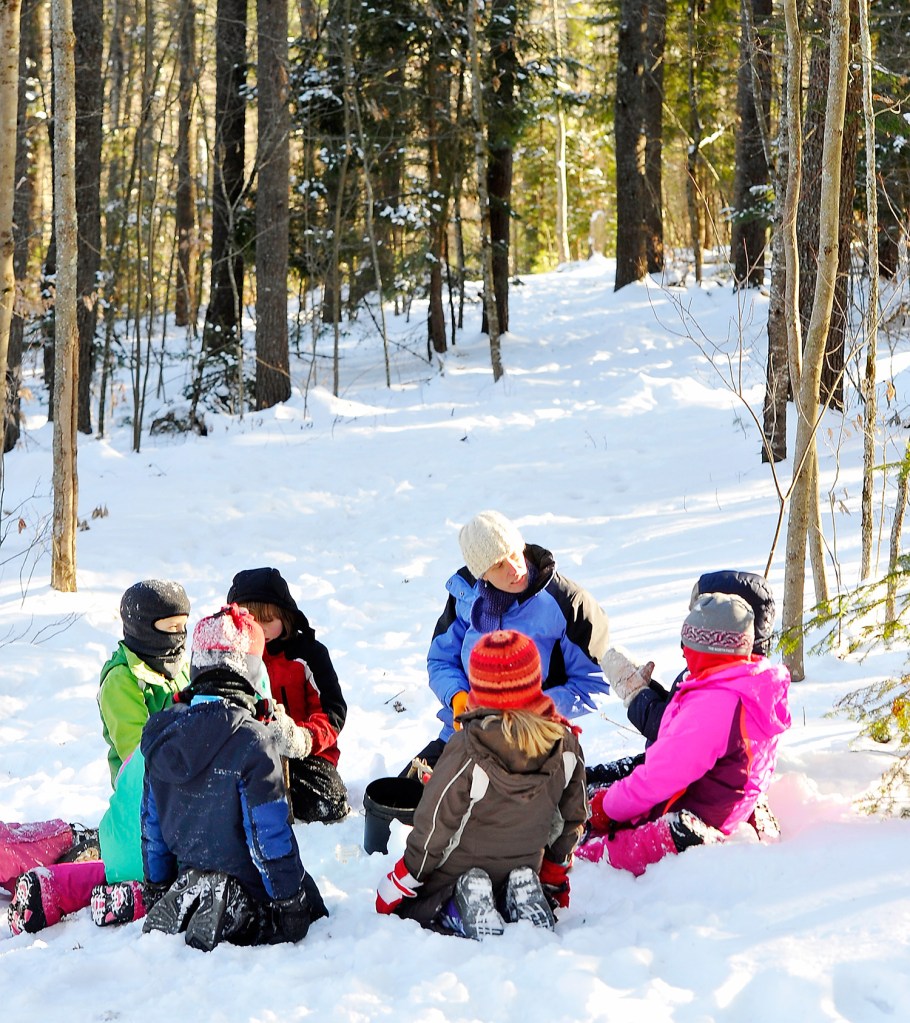
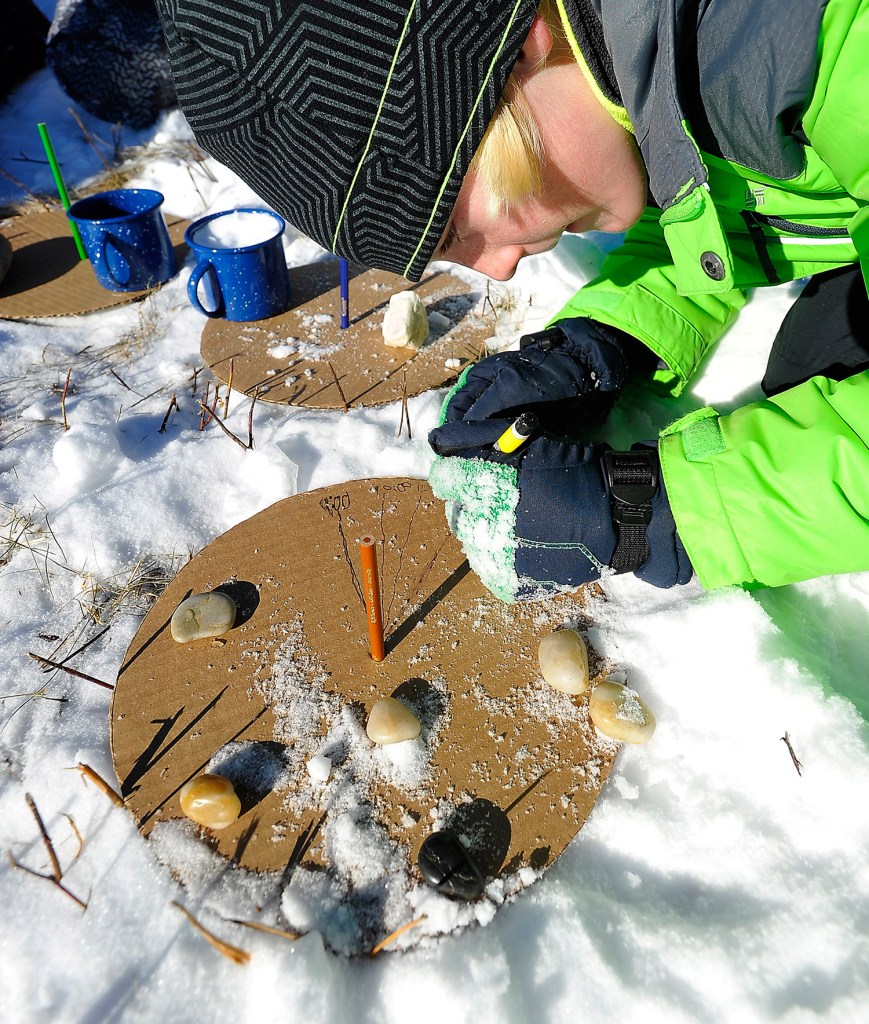
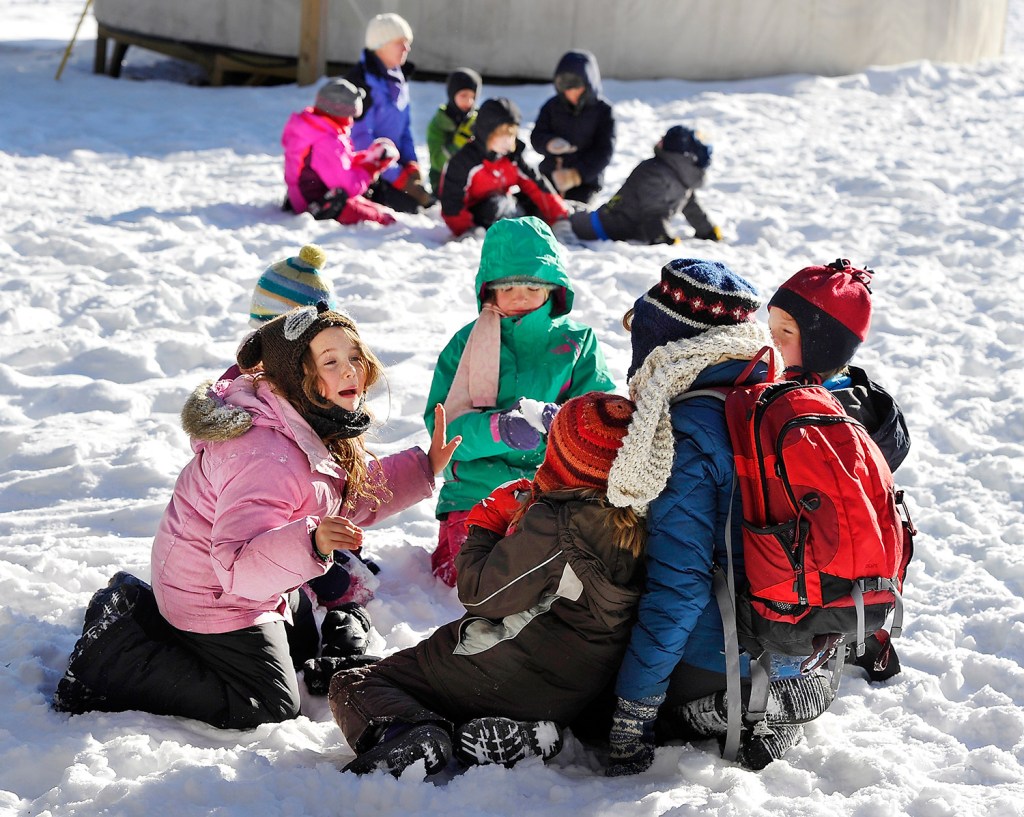
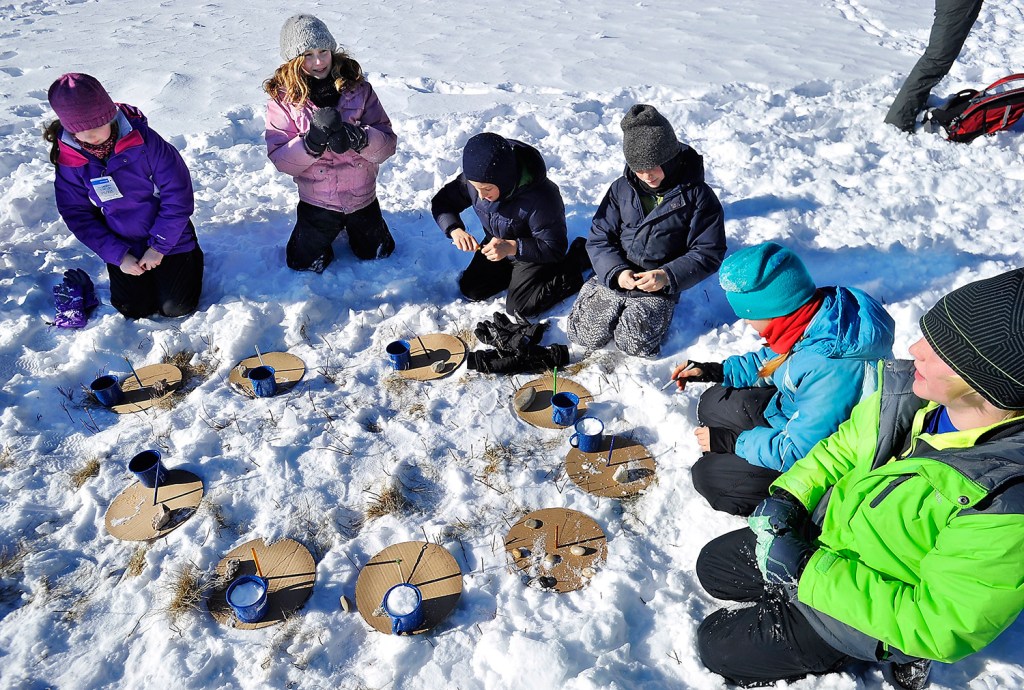

Comments are no longer available on this story